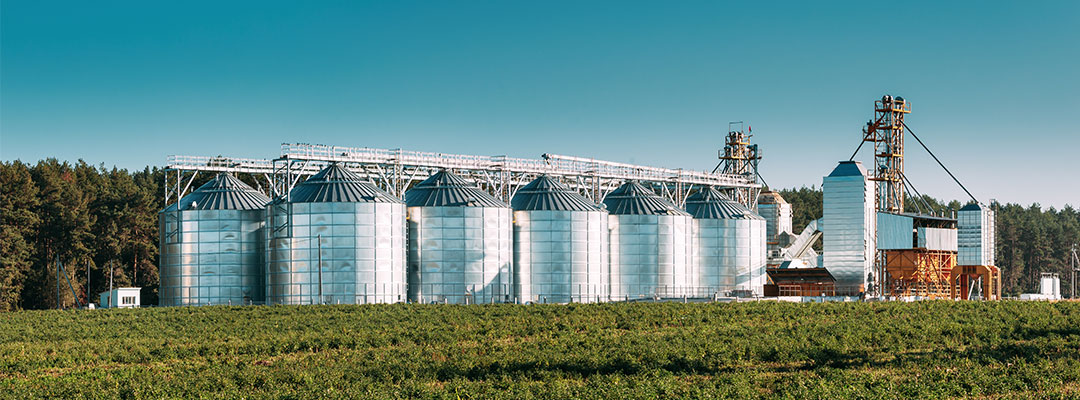Several articles have discussed the benefits of on-farm storage for southern producers (Maples, 2022 and Duncan and Smith, 2022). However, there are marketing strategies that producers can investigate if they do not have on-farm storage. These include delayed pricing contracts, commercial storage, and using futures or options to establish a re-ownership position for the commodity sold.
Delayed pricing contracts allow ownership of the grain to be transferred to a local elevator, barge point, or other purchaser without establishing the price. Delayed pricing contracts allow the producer to fix the price after delivery at a future point in time. As with any legal contract, attention to detail is important to fully understand the differences in terms and conditions offered. Additionally, counterparty risk should be investigated. Counterparty risk is the probability that the other party in a transaction may not fulfill its part of the deal and may default on the contractual obligations.
Commercial storage is another option that can be investigated. Commercial storage requires the producer to pay a monthly storage fee, while maintaining ownership of the grain. Storage fees are highly variable, based on facilities provided and local availability. Not all producers will have access to commercial storage in their location. Similar to delayed pricing contracts, terms, conditions and counterparty risks for commercial storage agreements should be fully understood.
Futures and options can be used to establish a re-ownership position after the sale of the crop. Producers can buy a futures contract or a call option for a deferred contract month and experience financial gains if the futures contract price appreciates after the cash crop is sold. For example, buying a March corn contract at $6.90 can provide a financial gain if the March futures contract, between purchase date and expiration, increases (buying low and selling high). This is a speculative position and can result in losses if the contract price declines. This strategy also requires a margin account to cover any losses incurred by the futures position.
Buying a call option allows a producer the opportunity to profit if prices go higher with a limit on losses if prices decline. The cost of this opportunity is the upfront premium paid. For example, on September 7, 2022, a $6.80 March corn call could be purchased for 47 cents, thus the March futures contract would need to trade above $7.27 before a financial benefit is received by the purchaser. Premiums can be high, so producers may want to offset the premium cost. Selling a call option can reduce the upside potential but save the producer premium costs. Figure 1 shows a simple strategy of selling a $7.50 March corn call for $0.29 and buying a $6.80 call option for $0.47. The net result is a maximum loss of $0.18 and a maximum gain of $0.52. The return to the producer will be contingent on the price of the March corn contract and when options are exercised. The risk and reward should be fully understood before a producer enters any futures or options position.
Figure 1. March corn option example: buying an at-the-money call option and selling an out-of-the money call option

References and Resources:
Barchart.com. Corn Options Prices. Accessed at: https://www.barchart.com/futures/quotes/ZCH23/options?moneyness=20
Biram, Hunter, and S. Aaron Smith. “The Option to Augment the Crop Insurance Price Floor.” Southern Ag Today 2(35.1). August 22, 2022. https://southernagtoday.org/2022/08/the-option-to-augment-the-crop-insurance-price-floor/
Duncan, Hence, and S. Aaron Smith. “Estimating the Cost of a Grain Bagging System“. Southern Ag Today 2(31.3). July 27, 2022. https://southernagtoday.org/2022/07/estimating-the-cost-of-a-grain-bagging-system/
Maples, William E. “On-Farm Grain Storage in Southern States“. Southern Ag Today 2(38.1). September 12, 2022. https://southernagtoday.org/2022/09/on-farm-grain-storage-in-southern-states/
Smith, S. Aaron. “Marketing Strategies if Producers Do Not Have Access to On-Farm Storage.” Southern Ag Today 2(40.1). September 26, 2022. Permalink

